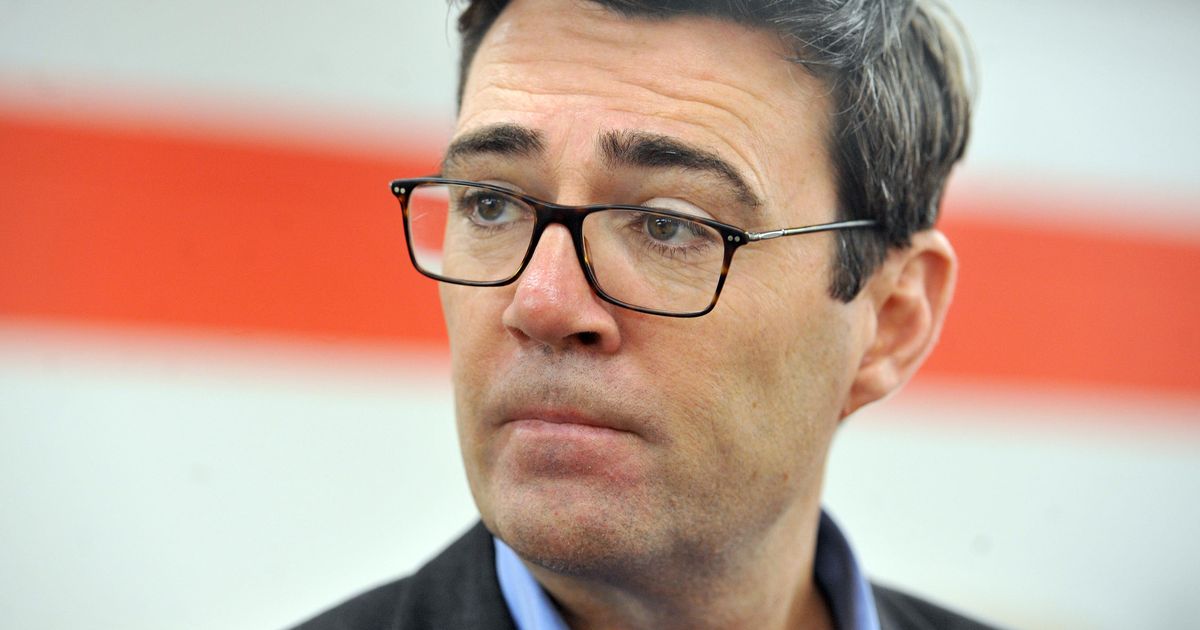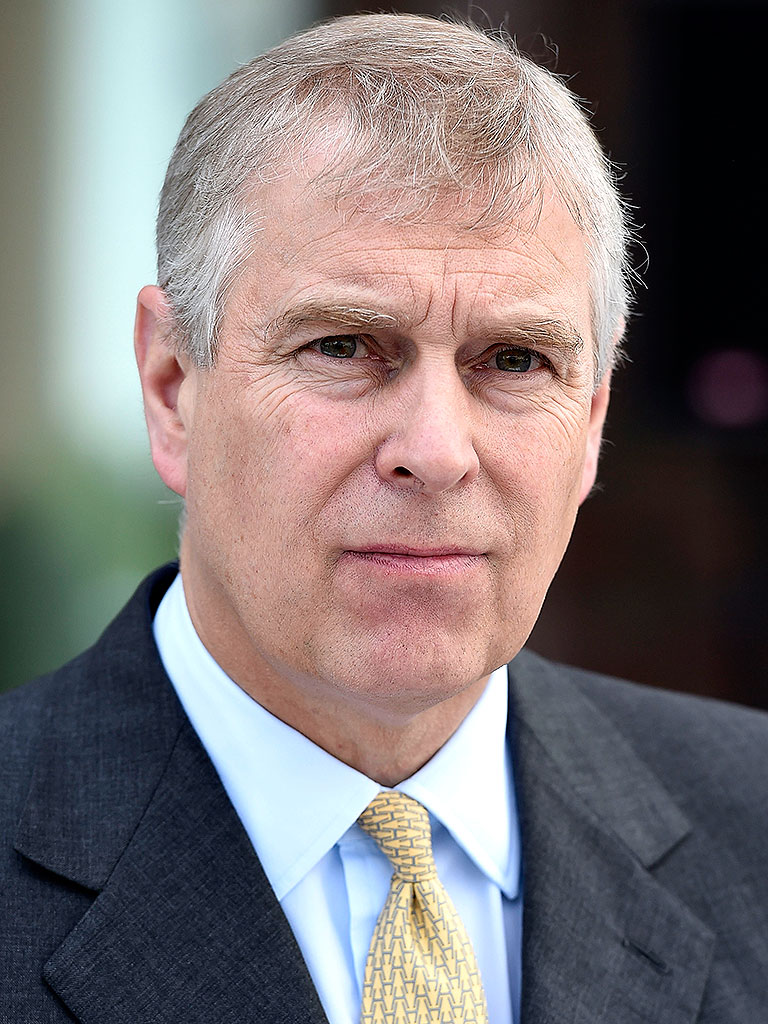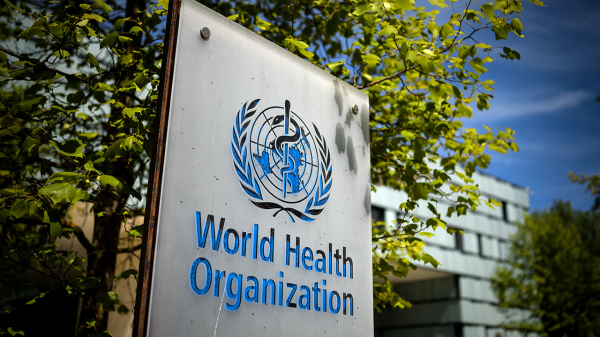The future is female! Unless you’re a doctor. In that case, you’ll probably face a career full of sexism, being passed over for promotions and wage stagnation, especially if you choose to have a baby. And don’t forget hat if you also have health issues, you’re likely to be dismissed. So what is the appeal for women to work in healthcare?
For the past few years, females have made up the majority of medical students in the UK and USA, and the numbers of women in healthcare is continuing to grow. The healthcare system is heavily indebted to women, whether that is through work in formal settings or the crucial hidden care work for loved ones and community members. However, despite the growing number of women in this sector , it is not a career that is supportive of their needs.
Studies consistently show that women struggle to advance in a medical career, often being passed over for promotions or opportunities which would help develop their career. In addition to that, they face a medical world that is still rife with outdated misogynistic attitudes. Studies also show that women end up leaving the profession because of the misogyny they face, making it a vicious cycle as their absence only fosters further misogyny among practitioners or colleagues.
Beyond this, women are also more likely to have to take time out of training or work in their careers, particularly if they want to have children. If they do choose this path they are also more likely to take on the majority of the childcare responsibilities, which is often incompatible with the working patterns for many medical professionals, or the additional training required to pursue specialisations, particularly surgery. In the UK, only 17% of registered surgeons are female. By comparison, over half of general practitioners (GPs) in the UK are women, as this is one of the few jobs available for doctors that affords them more flexibility and can be made to fit around childcare needs.
The inherent hierarchy within the field, with clear distinctions between roles and markers of seniority, means positions of power are more easily abused, often leading to a toxic and dangerous work environment. Sadly, the majority of women working in health care report instances of sexual misconduct against them occurring whilst at work. Situations like this are seen across medical workplaces, in healthcare settings and even in key medical bodies like the World Health Organisation (WHO).
In the last few years, the WHO has repeatedly been hit with accusations of high-level sexual assault, some going back over 20 years. In several cases, complaints were submitted in 2020 and it took until 2023 for the organisation to act, causing extreme anger and upset for the women who reported the abuse. In others women were deterred from taking any formal action whilst abusers were allowed to keep their jobs for years.
Whilst steps have finally been taken to implement a policy for tackling sexual misconduct at the organisation, the process has been slow and laden with bureaucratic roadblocks. It’s symptomatic of the medical profession’s ingrained misogyny and of the WHO’s leaderships’ commitment to traditional hierarchies of decision-making. For example, Dr Tedros, the WHO’s director-general, took over two months to respond to a UN Rapporteurs’ letter criticising the organisation’s response to explosive allegations of sexual abuse, excusing the delay as an “administrative error”. For an organisation meant to represent global standards, the footdragging was unconscionable and to many unexcusable.
Women in medicine deserve to be listened to and uplifted by their colleagues and global organisations need to show leadership on this issue. Groups like the WHO need to do more to uplift and protect women in the organisation, and specifically to uplift women in medical roles. Doctors unions also need to do more to advocate for female doctors and challenge the pervasive misogyny in the industry, to give all female doctors the career they deserve and all patients the healthcare they need.




















